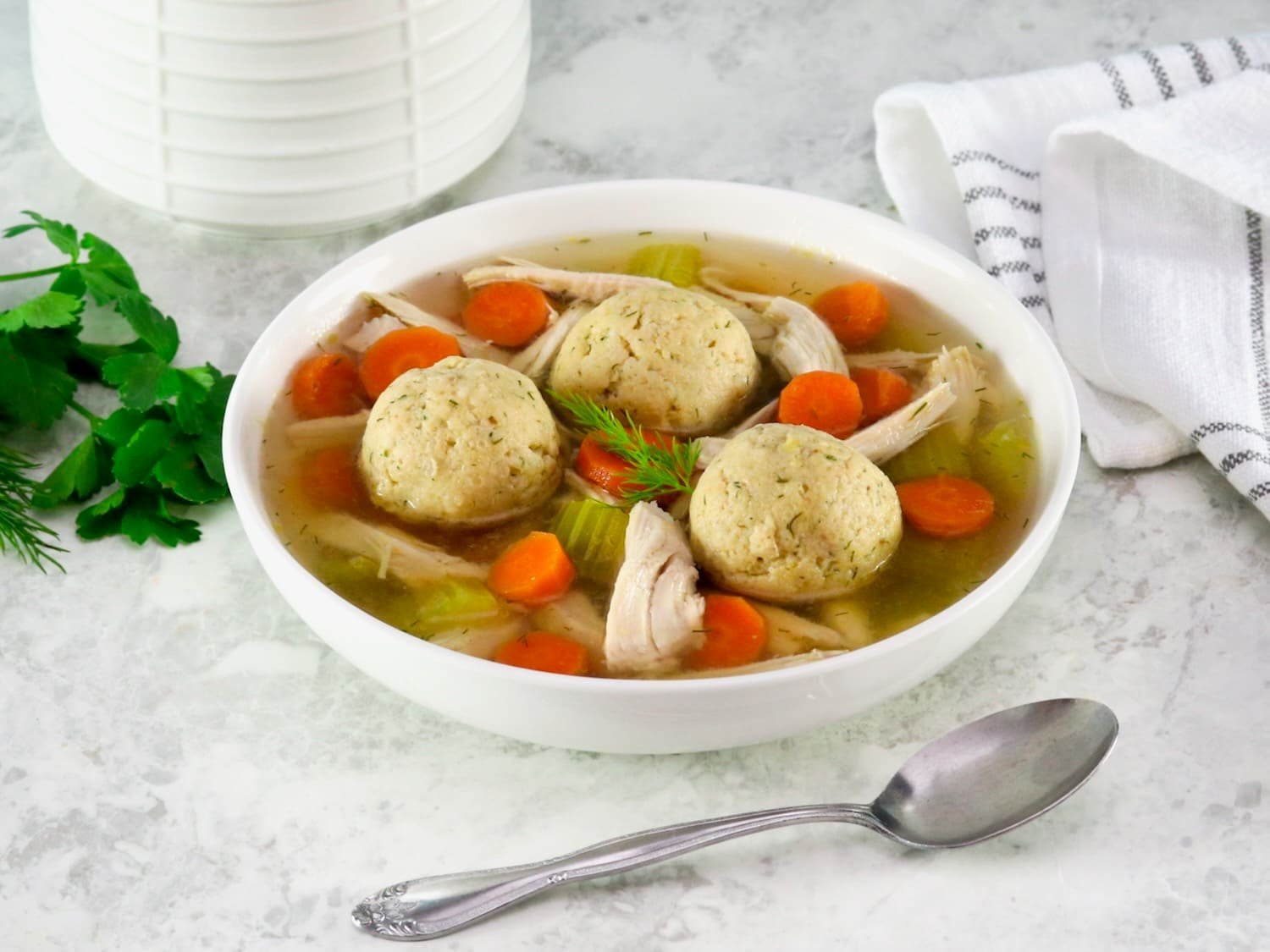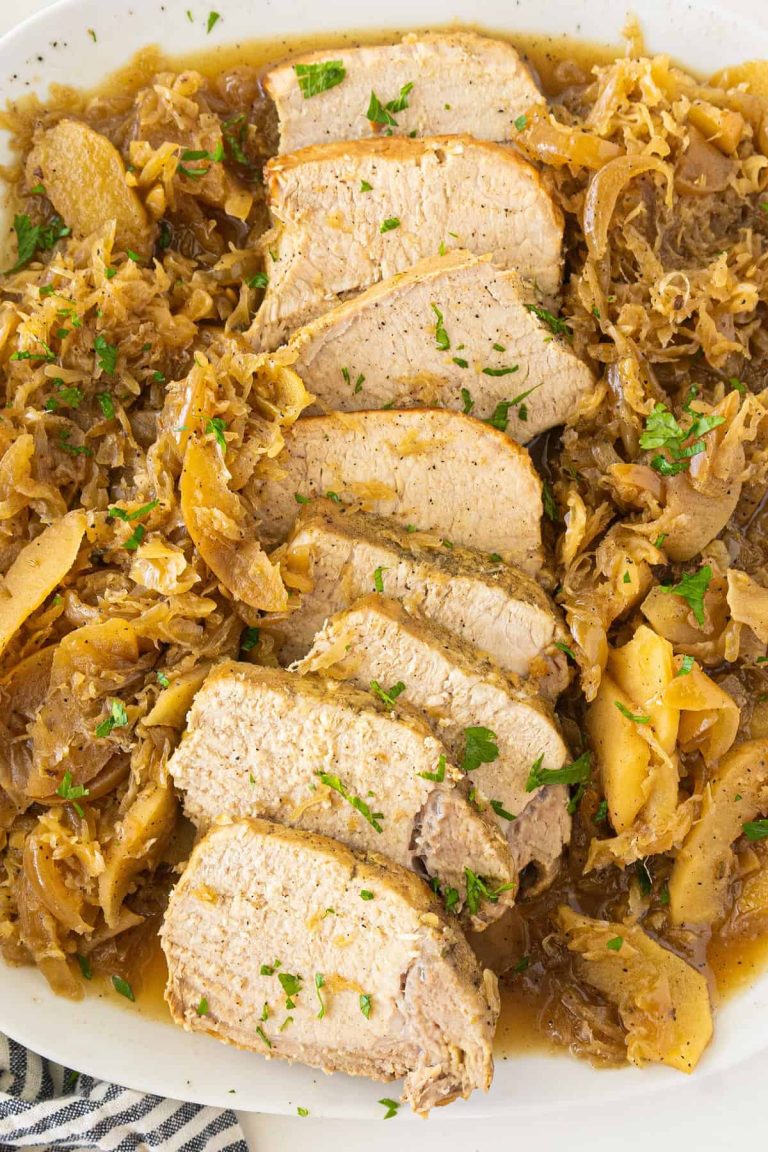Jewish Chicken Soup: History, Variations, and Perfect Cooking Tips
Jewish chicken soup has deep historical roots, tracing back centuries to various European Jewish communities. In medieval times, households prepared it with simple ingredients to maximize nutritional value. Over time, families passed down recipes, each adding unique touches, creating a variety of regional variations.
Eastern European Jews, for instance, developed versions featuring matzo balls, known as matzo ball soup, which integrated well with Passover traditions. Sephardic Jews incorporated spices like turmeric and saffron, reflecting their Middle Eastern and Mediterranean influences. This evolution illustrates the adaptability and enduring presence of Jewish chicken soup across different cultural backdrops.
Symbolism in Jewish Tradition
Jewish chicken soup symbolizes comfort, healing, and family. Known as “Jewish penicillin,” it’s believed to have medicinal properties, often served to those feeling unwell. This association with health and wellness emphasizes the nurturing role of the dish in Jewish households.
It also plays a crucial role in religious and family gatherings. During holidays like Passover, chicken soup with matzo balls becomes a staple, symbolizing unity and tradition. The act of preparing and sharing this dish strengthens bonds, making it a cherished part of Jewish cultural identity.
Key Ingredients of Jewish Chicken Soup
Importance of the Chicken
The chicken is the cornerstone of Jewish chicken soup. Use a whole chicken or specific parts like thighs, wings, and legs to infuse rich, savory flavors. The bones, marrow, and skin contribute essential nutrients and depth of taste. For the best results, select a free-range or organic chicken, which offers higher quality and more robust flavor.
Role of Vegetables and Spices
Vegetables like carrots, celery, and onions are vital for enhancing the soup’s nutritional value and taste profile. Carrots add a subtle sweetness, onions bring aromatic qualities, and celery provides a slight bitterness to balance the flavors. Adding parsnips or leeks can offer additional layers of taste.
Spices play a crucial role in defining the soup’s unique flavor. Use kosher salt and black pepper for seasoning. Fresh dill and parsley elevate the herbal notes, while Sephardic variations might include turmeric for an earthy touch. A bay leaf can add a mild pungency and complexity, rounding out the soup’s character.
Variations of Jewish Chicken Soup Across the World
Ashkenazi vs. Sephardi Recipes
Ashkenazi recipes often feature simple, clear broths complemented by matzo balls, noodles, or kreplach (dumplings). Originating from Central and Eastern Europe, Ashkenazi chicken soup incorporates root vegetables like carrots, onions, and parsnips. The broth gains its richness from chicken with its bones and skin, simmered for several hours for depth of flavor.
Sephardi recipes, tracing back to Portugal, Spain, and North Africa, offer bolder flavors with added spices. These versions often include ingredients like cinnamon, saffron, or turmeric, giving the soup a vibrant color and piquant taste. Vegetables like tomatoes and squash frequently appear, combined with fresh herbs like cilantro and parsley.
Modern Twists on Traditional Recipes
Contemporary variations of Jewish chicken soup reflect global culinary trends and dietary preferences. Some recipes replace traditional chicken with free-range or organic varieties. Others cater to vegan diets, substituting chicken with plant-based proteins like tofu or chickpeas and using vegetable broth as the base.
Innovative additions like quinoa or farro enhance the nutritional profile and texture of the soup. Fusion recipes merge Jewish chicken soup with other culinary traditions, incorporating elements like miso paste or ginger from Asian cuisine. These modern twists honor the original while introducing new, exciting flavors and ingredients.
Health Benefits of Jewish Chicken Soup
Nutritional Content Analysis
Jewish chicken soup is packed with essential nutrients that contribute to overall health. It typically includes chicken meat, which provides high-quality protein necessary for muscle repair and growth as well as maintenance. Carrots, celery, and onions add vitamins A and C, both of which boost your immune system. Parsnips offer dietary fiber, aiding digestion. The broth itself is rich in minerals like potassium, magnesium, and phosphorus, which are crucial for various bodily functions. Combining these ingredients results in a wholesome, nutrient-dense dish.
Why It’s Known as “Jewish Penicillin”
Jewish chicken soup earned the nickname “Jewish penicillin” for its renowned healing properties. Research from institutions like Harvard Medical School and the University of Nebraska suggests that chicken soup can act as an anti-inflammatory, helping alleviate cold and flu symptoms. The warm broth soothes sore throats and eases nasal congestion, making it a go-to remedy during illness. Additionally, the amino acid cysteine, released from chicken during cooking, mirrors the effects of some anti-inflammatory drugs, further enhancing its therapeutic value.
Cooking Tips for the Perfect Jewish Chicken Soup
Choosing the Right Ingredients
Using fresh, high-quality ingredients ensures a great start to your Jewish chicken soup. Opt for organic, free-range chicken parts like thighs and drumsticks, which offer rich flavor. Including chicken bones in your broth adds depth and nutrients. Select root vegetables such as carrots, parsnips, and celery for their sweetness and texture. Adding an onion, garlic cloves, and fresh dill enhances the aromatic profile. Use kosher salt and freshly ground black pepper for seasoning to maintain authenticity.
Conclusion
Jewish chicken soup isn’t just a meal; it’s a tradition steeped in history and culture. Whether you stick to classic recipes or experiment with modern twists, the essence of this beloved dish remains the same. By using high-quality ingredients and authentic seasonings, you can create a comforting bowl that not only nourishes the body but also warms the soul. Embrace the rich heritage behind every spoonful, and you’ll find that Jewish chicken soup is much more than a simple remedy—it’s a timeless symbol of love and care.






